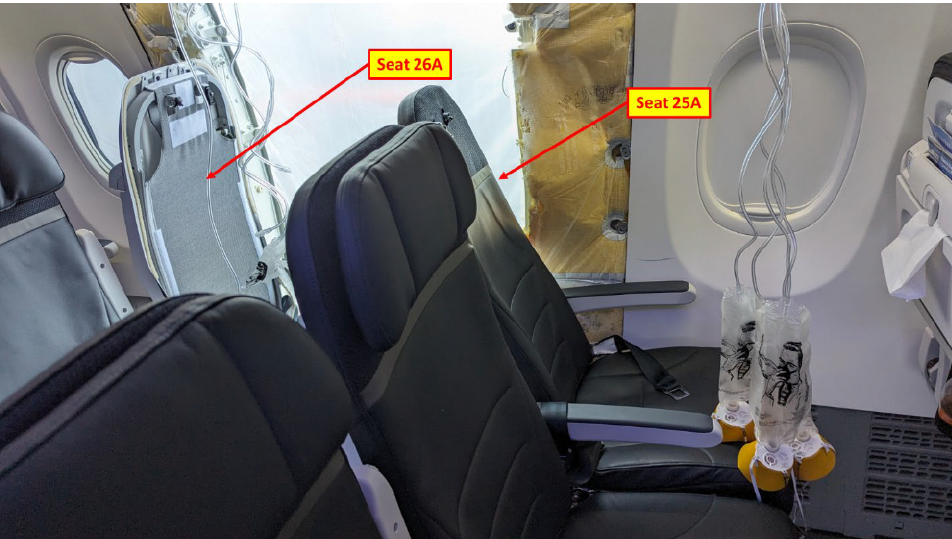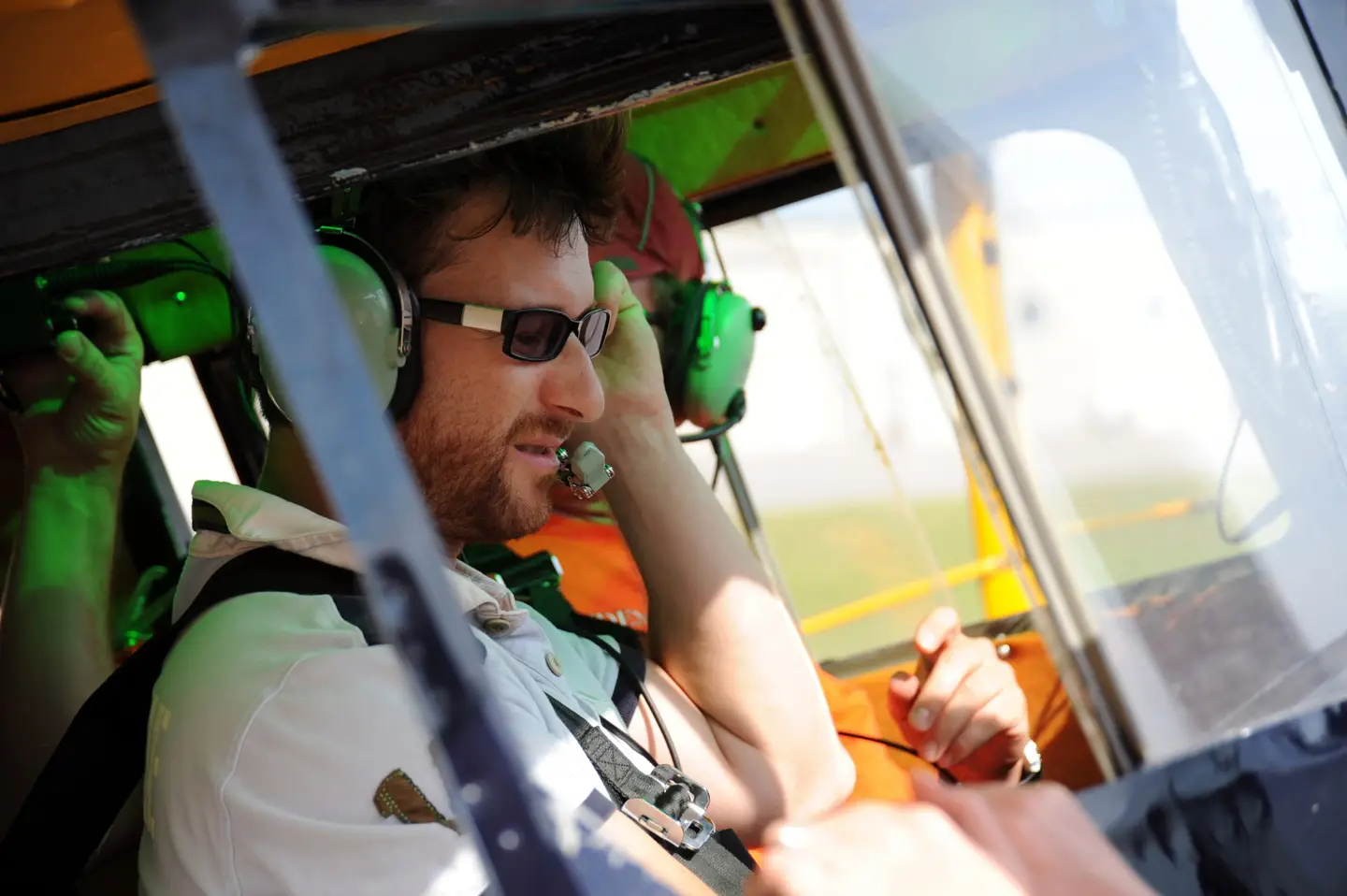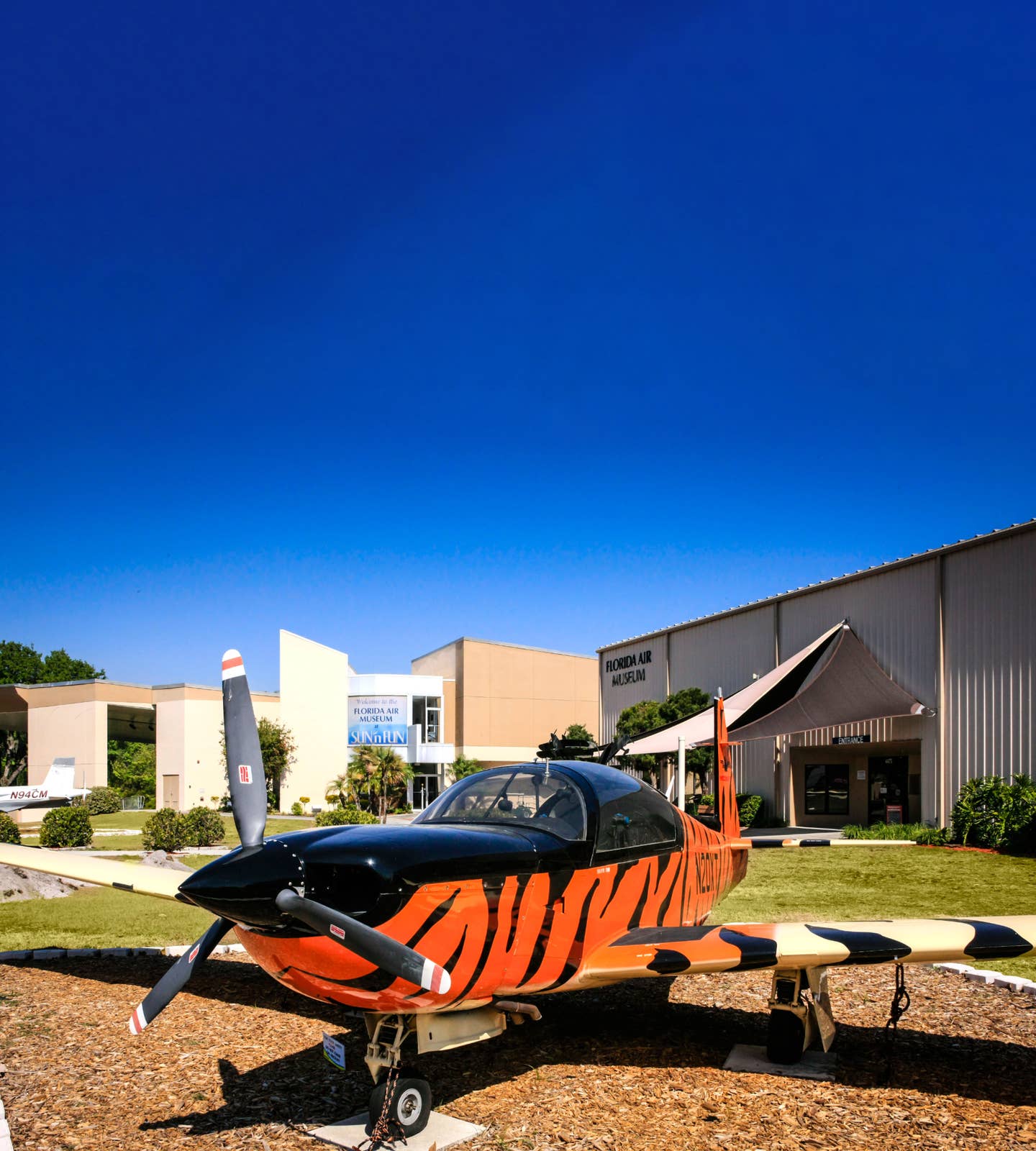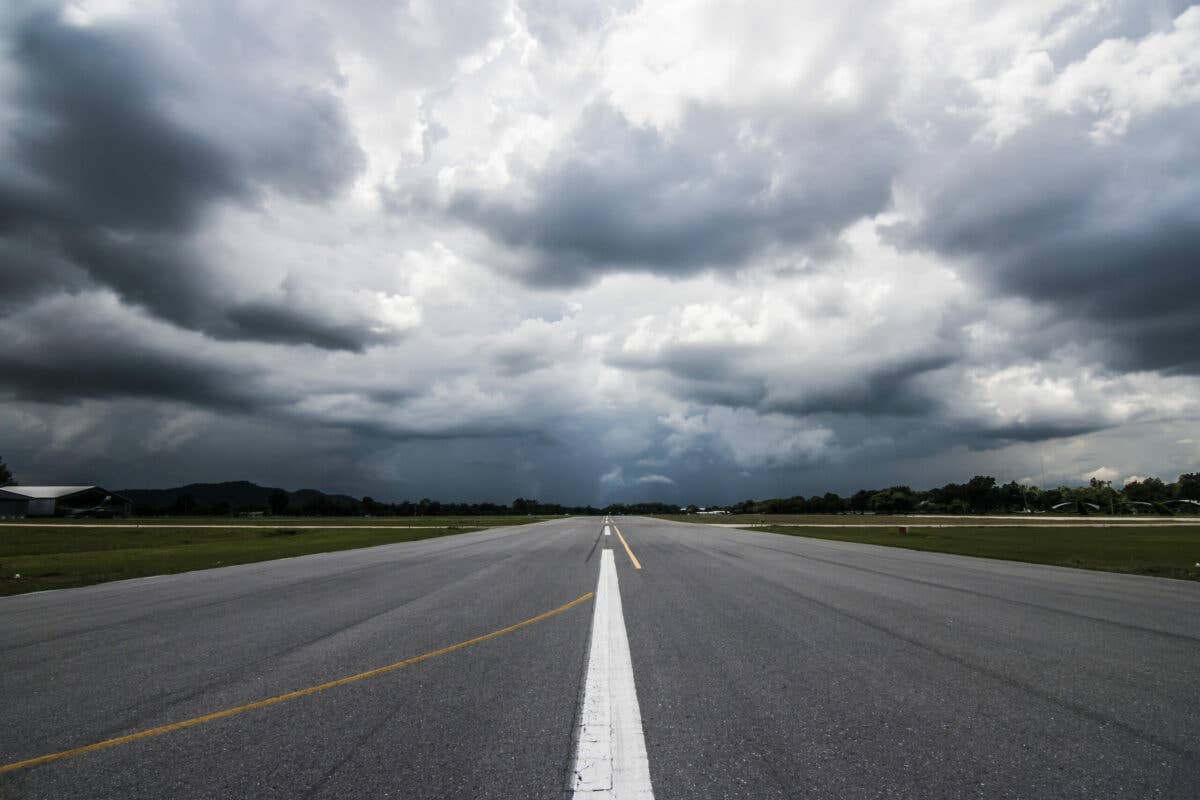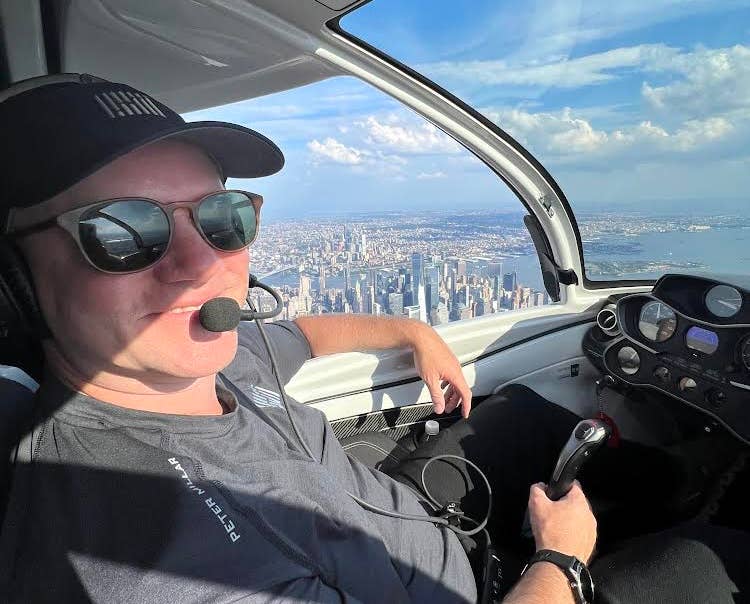Going Direct: Spate of Fatal Accidents Leaves GA Community Shaken
A number of high-profile accidents of very different descriptions have left the GA community in a state of shock.
Subscribe today to Plane & Pilot magazine for industry news, reviews and much more delivered straight to you!
A number of high-profile accidents of very different descriptions have left the GA community in a state of shock. The accidents in question raise uniquely troubling questions about safety and pilot actions, and cruel fate.
The mishaps involved a mix of heart rending human tragedy. Two of the mishaps, the crash of a Junkers Ju-52 air tour plane, which killed 20, and that of a small private plane, a Socata TB-20 Tobago four-seat model, that claimed the life of Pilatus Aircraft chief test pilot Reto Aeschlimann, his wife and two children, took place in Switzerland. The other two I'll bring up--that of a Cessna 414 cabin class twin in Santa Ana, California, which claimed five lives, and the fatal crash of an Extra EA400 pressurized piston single, in Ponca City, Oklahoma, that claimed the life of well known aviation figure Tim Valentine and four passengers.
Every single one of these crashes is hard to fathom. The Ju-52, an early WWII-era passenger plane was operated by a Swiss air tour company, Ju-Air, crashed in the Alps killing all 17 passengers and three crew members. That the plane was so old, the setting so dramatic and the loss of life so big, all combine to hit me in the gut. The cause of the crash remains a mystery. The descent leading to the crash of the corporate-owned Cessna 414 in Santa Ana, which killed five while en route from Northern California to John Wayne International in Orange County, was captured on dash cam video, and the footage is hard to watch. It shows the plane spiraling very slowly as it plummets vertically under very near the ground, where the final split seconds, thank goodness, are hidden from the view of the camera. The cause of that crash? It's officially unknown and the NTSB is investigating. But there was no fire at the site of the crash, which suggests the plane was out of or low on fuel, though that's speculation at this point. The crash of the Extra 400 is mysterious as well. It crashed into a soybean field near the airport in Ponca City, which was hosting a fly-in breakfast. The pilot, an experienced and expert one, could have surely landed the German single in the field under all but the most dire circumstances.
The crashes are far from the only ones that happened this weekend, and the only reason I bring them up is that they each hit so hard. Families, friends, vacationers, workers, traveling, in each one of these cases, joyously on a much desired trip, to see the Alps, to have breakfast with friends, to do a big deal in a new market, or traveling for a family vacation. All started with little to no sense of the risks they might be encountering and ended in gut-wrenching tragedy.
And in all of these instances, it's hard to take comfort in the notion that it couldn't happen to us. The Swiss pilots had long experience, and Aeschlimann in particular was the chief test pilots of one of the most prominent GA aircraft makers in the world. I never flew with him, but a good friend and fellow aviation journalist, did, and was struck at the inexplicability of the crash. We can tell ourselves that we are better pilots than they were and would have avoided their fate, but unless we're the top one percent of pilots in the world, and lord knows I'm not close to that level, it's simply not true. It doesn't mean that great pilots don't make mistakes. They do. But great pilots can also get themselves out of mistakes with skills that surpass those of most pilots.
The hard truth is this: When we go flying we are accepting risk, some of which we will not be able to beat no matter how good we are. The best we can do is to avoid the worst of the risks and stay as proficient as possible. That means keeping sharp by any means possible. The best of those is flying regularly and flying with an instructor as often as you can. Aim not to maintain your skills but to up your game at every opportunity.
Sadly, loss is not something new to any of us who've been around aviation for a while. We mourn, we reflect, we learn. And we fly.

Subscribe to Our Newsletter
Get the latest Plane & Pilot Magazine stories delivered directly to your inbox

